EU referendum: Ed Miliband warns against EU exit
- Published
Ed Miliband speaking to the BBC's Laura Kuenssberg
Ed Miliband has set out his case for why the UK should stay in the EU, in his first major intervention in the referendum debate.
The former Labour leader argued that social justice and progressive change can only be achieved by staying in a reformed EU.
And he accused Leave campaigners of wanting a "free-market, low-regulated, race-to-the-bottom offshore Britain".
Those campaigning to leave the EU say the UK would be stronger outside it.
MP John Redwood, a vice president of pro-exit Conservatives for Britain, argued on Tuesday that the UK would be able to end austerity if it left because it could reinvest the money it spends on EU contributions into the NHS and the economy.
He said the government would have "£10bn" to play with in a post-exit first Budget, with the remaining "£9bn" used to guarantee current EU funding to farmers, universities and for research grants.
The referendum on Britain's membership of the EU takes place on 23 June.
Mr Miliband - who stepped down as leader following Labour's general election defeat - made his remarks in a speech at a Labour In for Britain event on Tuesday.
He appealed to voters who backed Labour last May to vote to remain, and warned that the party must not "sit out" the debate.
"I want to send a very clear message to the nine million people who voted Labour at the last election: I believe the change you voted for, and still want to see in Britain, can only be achieved by us remaining in the European Union," he will say.
"And I believe that leaving would irreparably set back the cause of Labour politics."
'Pessimistic agenda'
Mr Miliband also warned that the upcoming referendum was "too important" to be obscured by the infighting in the "divided" Conservative Party.
"The civil war in the Conservative Party cannot and must not obscure the central question in this referendum: are we more likely to secure social justice and progressive change inside the EU or outside?
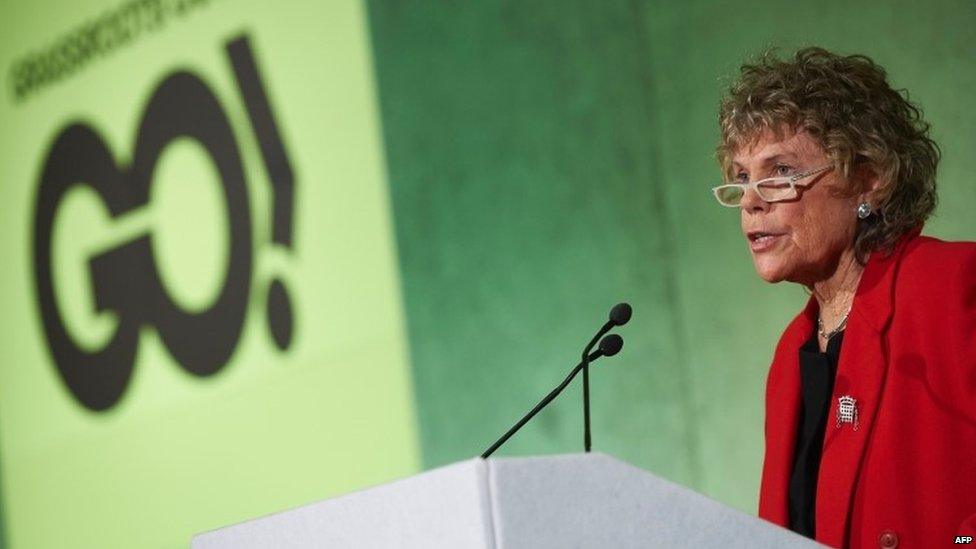
Kate Hoey is among Labour MPs backing EU exit
"The answer is resoundingly that we should vote to remain," he will say.
He said it is "simply a fantasy" to suggest the UK could confront "the great causes of the 21st century" outside the EU.
Leave campaigners such as Iain Duncan Smith, Boris Johnson and Nigel Farage believe "low tax, low regulation is the way we succeed", he will say.
"It is not my vision, it is not your vision and I believe it is not the vision of Labour voters either. If Britain left the European Union, it would not serve a progressive, optimistic agenda.
"It would only serve a reactionary, pessimistic agenda."
The vast majority of Labour's 231 MPs support continued EU membership but Jeremy Corbyn, regarded as the most Eurosceptic leader for 30 years, has so far played a low-key role in the campaign.
MPs on the left of the party have set up a separate campaign group to articulate a more radical vision of the EU's future and the UK's participation, focused on promoting a "social Europe".
Economic impact
Labour Leave is currently backed by half a dozen MPs although the group has said this total will rise as the campaign goes on.
The group, which is affiliated to the anti-EU campaign group Vote Leave, argues the UK is being held back by a stagnating and wasteful EU, with workers bearing the brunt of austerity measures designed to prop up the euro.
It recently announced that former minister Tom Harris would spearhead its campaign in Scotland.
Mr Miliband's comments come as credit agency Moody's predicted the UK economy would be hit by leaving the EU, but the impact would be "small" and unlikely to lead to big job losses.
Mr Duncan Smith has said leaving the EU would be a "stride into the light", enabling the UK to trade freely and control migration.
Mr Johnson recently argued that leaving the EU would be a "win-win", saying the union "costs us a huge amount of money and subverts our democracy".
And Mr Farage said last month that the 23 June referendum could be "independence day" if the UK voted to leave the EU, citing concerns about mass migration and that "as EU members there is nothing we can do about it".
- Published30 December 2020

- Published22 March 2016
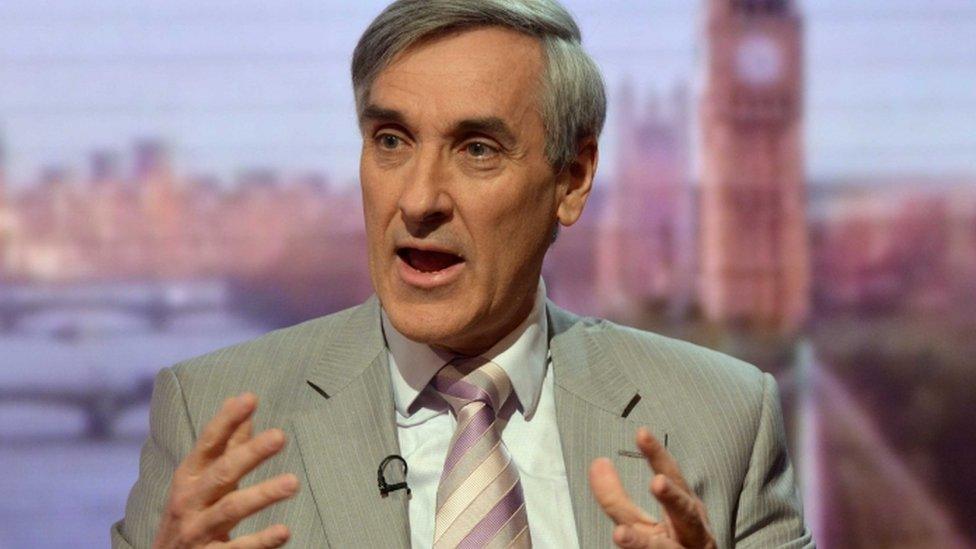
- Published18 March 2016
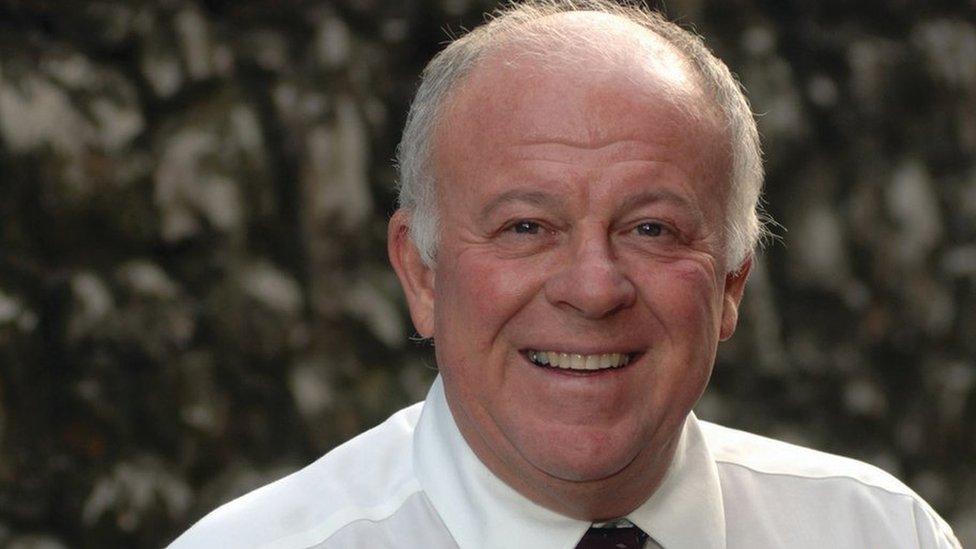
- Published18 March 2016
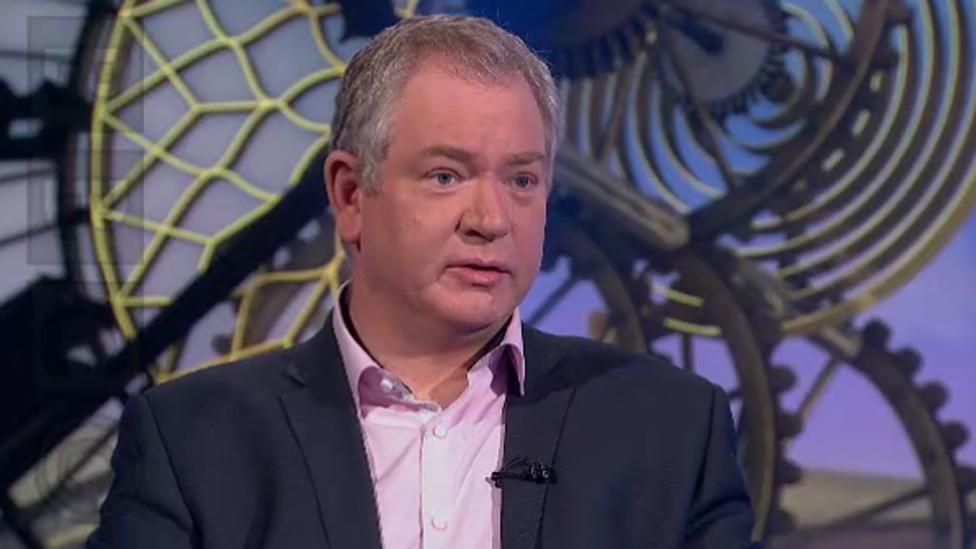
- Published22 March 2016
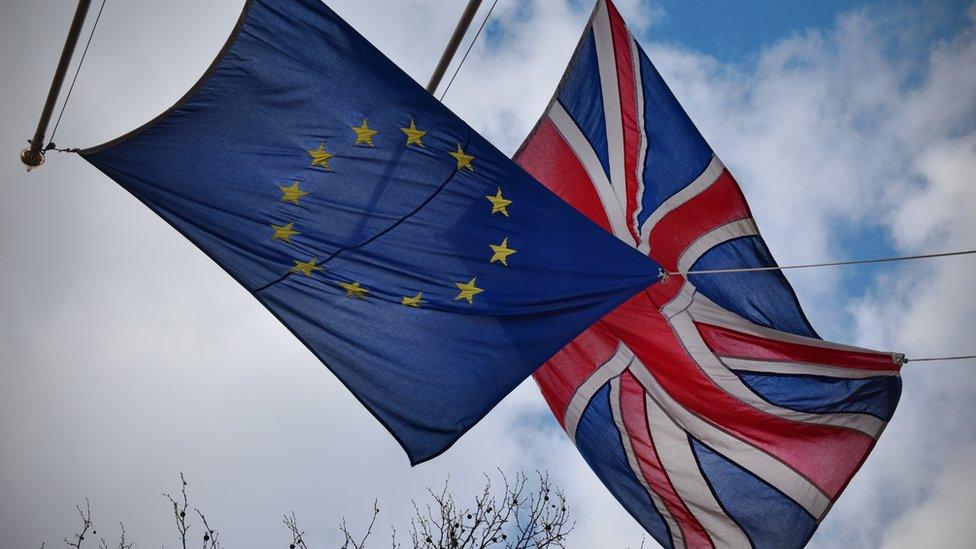
- Published21 March 2016
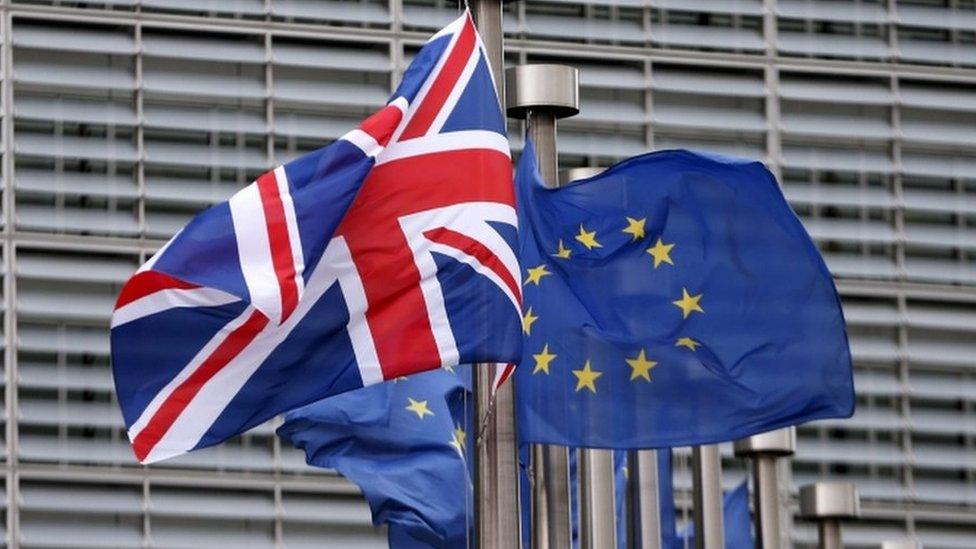
- Published21 March 2016
